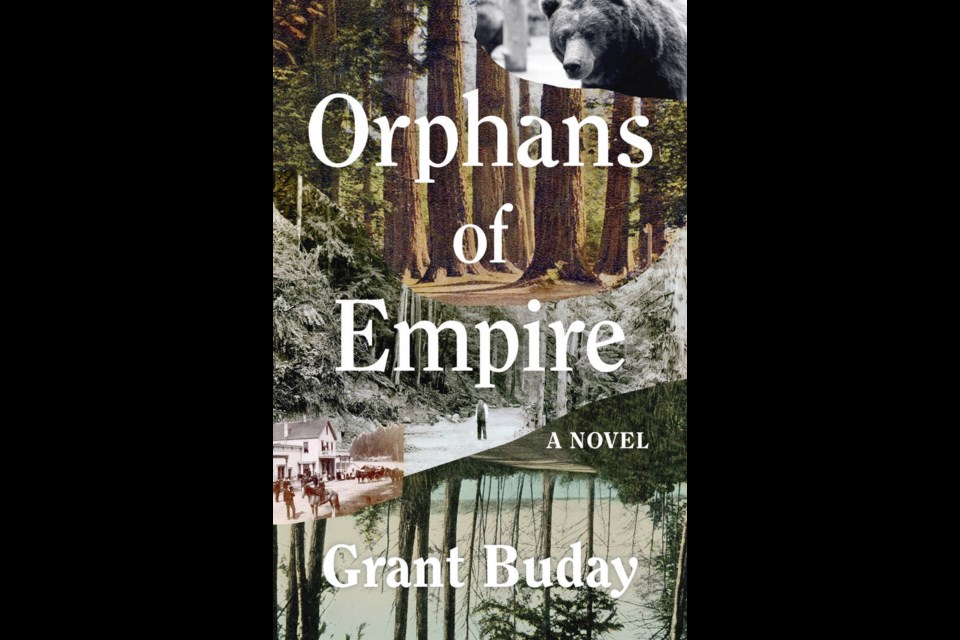I’m sure we have all done an abundance of reading over the previous week or two. If you are wondering what to read next, I have several suggestions.
Last year, I embarked on a brief but pleasant vacation to the almost too enchanting town of Niagara on the Lake. If you have never been there, well, it’s as if you are strolling through the pages of a storybook: great leafy trees and neat wooden houses painted in tasteful cream and off-white, with charcoal grey slatted shutters and red geraniums evenly placed in white window boxes, and a scrubbed red brick path up to the quaint doorsteps, where a watering can might sit under a gleaming polished brass mailbox.
And then there’s the slightly choppy lake, its gentle waves washing up on the smooth boulders placed strategically along the sandy shore. On a clear day, you can see Toronto’s CN tower in the hazy distance. We stayed in a hotel that looked quite elegant on the outside but smelled of chlorine and musty carpet inside.
The magical main street consists of fragrant soap shops, gelato cafes, bicycle rentals, wine-tour kiosks and colourful storefronts full of kites and wind socks and cotton T-shirts. But tucked away on a narrow side street, where the grass was slightly longer and not given quite enough water to keep it lush, and the waste can on the corner needed a fresh coat of paint, was a little bookstore.
That’s where, escaping a humid southern Ontario morning, I discovered an entertaining book titled Around the World in 80 Novels by Henry Russell (2019, CICO Books).
I had read several of the author’s suggestions, but not A Place Called Winter by prolific British writer Patrick Gale, listed under the Canada chapter. It’s a fabulous book!
The captivating story is about a kind, sensitive fellow named Harry Cane who is shunned by 1908 British high society and ends up, via Halifax and the Canadian National Railway, in a town called Winter on the Saskatchewan prairie. There, Harry embarks on tilling the hard, untouched barren landscape from sunup to sundown. The story actually made me physically ache — and recall my farm days lugging buckets of warm mash to my dear sows in much tamer North Saanich.
If you need an exciting, well-researched read, full of vivid description of everything from what scurvy does to your body (“the gums swell and become spongy and blood soaked”) to the dramatic and flamboyant, rather prettily portrayed (according to the illustration) Lieutenant John Meares, to a seaman’s beating with the dreaded cat-o’-nine-tails, then I recommend Madness, Betrayal and the Lash: The Epic Voyage of Captain George Vancouver by Stephen R. Brown (2008, Douglas and McIntyre).
I had no idea that our golden hero who stands so dignified atop our legislature endured such humiliation in his home country — the cartoon of him being so cruelly ridiculed is heart-wrenching. Madness, insanity, mental illness, mental challenges call it what you will, in Vancouver’s day there was very little sympathy for it (think of how they locked people, especially women, in dim, dank attic lofts). We have come so far in so many ways.
My favourite novel of 2020, which I all too briefly mentioned in a previous article and read slowly over the holidays, is Orphans of Empire by Grant Buday (2020, Brindle and Glass). Taking place between Captain Vancouver’s voyages and when Harry Cane broke the harsh prairie land, this novel tells the story of three rather lost souls endeavouring to make a life in the new colony of British Columbia— there’s a vast amount of mud and rats, stumps, rain, alcohol and corruption, but a lot of tenderness as well, and a very sensitive, delicate portrayal of the First Nation people who were present, but in a rather sad way, silent amongst all the confused activity and conundrums of the new settlers.
I know when a novel has captured me when I say to myself: “Get your money and leave the bastard! ”
The description of a certain Mr. Begbie, quite distinguished in his velvet red coat and high leather boots, reclined in the warmth of a vessel’s cabin, slowly chugging up the muddy, freezing Fraser in the dead of winter, remains imprinted on my mind.
After reading these three captivating books, and pondering the immense struggles of our past, my frustration with my new Christmas lights that burnt out within a day seems to be quite a minor issue.



